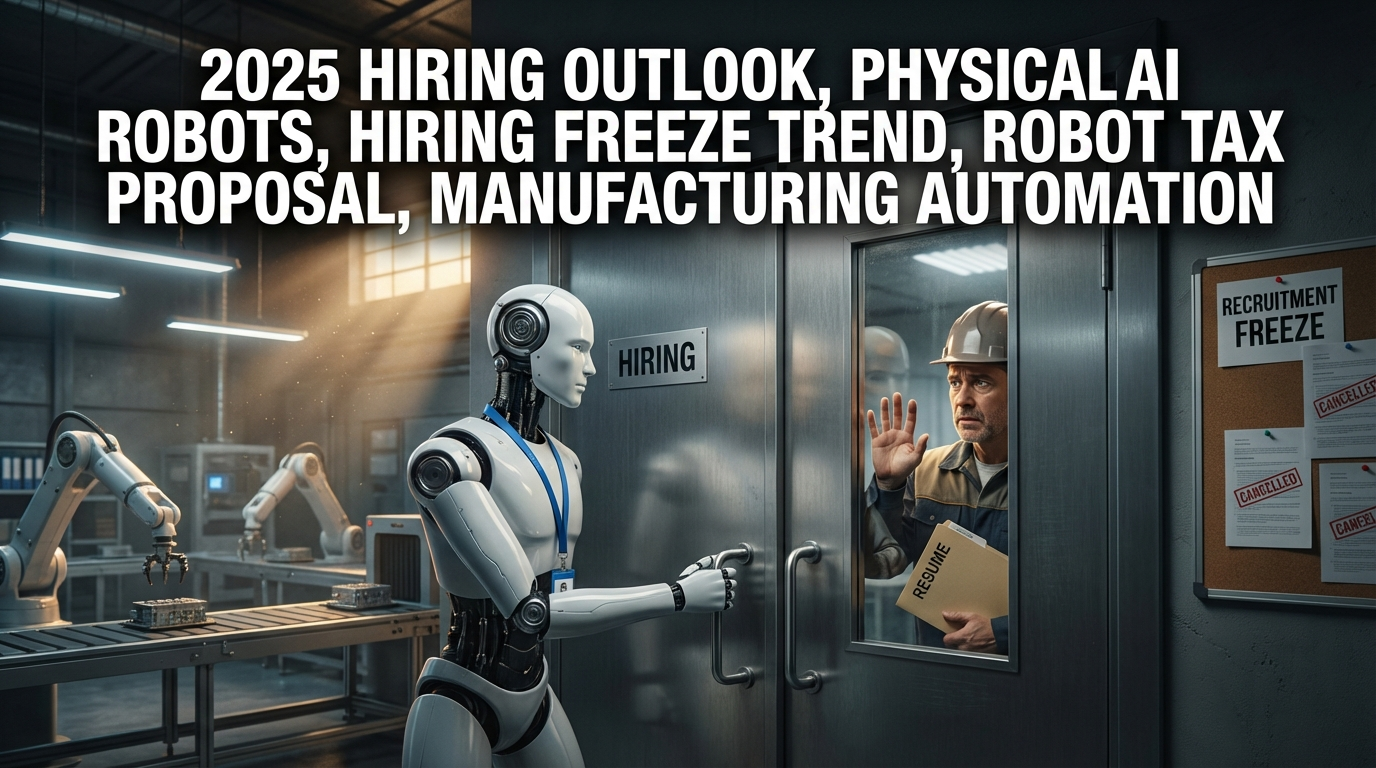● Regulation roadblock, Korean unicorn drought.
Global Economic Outlook: Japan’s Galapagos Technology and Korea’s Second Leap Strategy
1. Japan’s Unique Technology and the Galapagos Phenomenon
It is noticeable that Japan is independently developing coin recognition technology that differs from global standards.
Outside of urban centers, the adherence to coin payment systems rather than card payments or QR methods is palpable.
Even convenience stores like 7-Eleven use coin-operated equipment when introducing contactless technology.
This Galapagos phenomenon is a direct reflection of Japanese culture and its past as a manufacturing powerhouse.
From the perspective of technological innovation, it remains at a low level of innovation, making it difficult to expect significant changes in the global economic outlook.
2. Paradigm Shift in China and the Global Market
China has emerged as a key player, recording over 55% of the world market share in future growth industries such as electric vehicles, AI, and facial recognition technology.
Chinese technology is achieving both economies of scale and innovation simultaneously, gaining worldwide attention with its price competitiveness.
In particular, achievements surpassing US patents in the AI field, as well as facial recognition and video processing technologies, are setting global standards.
As China builds its own technology ecosystem, these innovative technologies are very likely to become the global standard.
In the global economic outlook, attention should be paid to industrial changes led by keywords related to AI, electric vehicles, innovation, and technology.
3. Regulations and Technological Innovation Strategies in the US and Europe
The US and Europe are trying to find a balance between technological development and regulatory easing, aiming to avoid overproduction and emphasize price competitiveness.
In particular, the US, under the Trump administration, prepared future-oriented regulations, emphasizing a leading role in innovative fields such as autonomous driving and AI.
The key is to have legal and institutional improvements follow technological advancements, but while China prioritizes ‘technology first,’ the US and Europe focus on preemptive regulatory preparation.
These strategic differences are having a significant impact on the speed and direction of innovation in the global market.
4. Korea’s Technology Ecosystem and Prospects for a Second Leap
In Korea, venture companies and innovative companies in AI and advanced technology have not fully established themselves.
Unlike the era when giant companies like Naver and Daum emerged, the number of unicorn companies remains modest.
Regulations, inadequate legal systems, and a lack of human resources and R&D investment are restricting Korea’s technology ecosystem.
What we need now is to break away from the existing growth model and prepare a strategy to leap into a ‘Second Korea.’
We must secure competitiveness in leading industries such as AI, electric vehicles, innovation, and technology in the global economic outlook through rapid follow-up, efficiency, and optimization.
5. Virtual Assets, Blockchain, and the Need for Regulatory Improvement
Even in the field of Bitcoin and virtual assets, Korea already has well-established legal systems, but their content often remains at the draft stage.
The financial sector is hesitant to launch virtual asset-related products due to concerns about opaque regulations.
If regulations hinder the development of innovative industries, it can be a major obstacle to full-scale technological innovation and securing global competitiveness.
Therefore, comprehensive measures such as regulatory easing and legal system improvements are needed in conjunction with technological advancements.
Summary
Japan shows a Galapagos phenomenon, such as coin recognition technology, creating a discrepancy with global standards.
China is significantly increasing its global market share in future industries such as AI and electric vehicles, with price competitiveness and innovation.
The US and Europe are seeking strategic changes in the global economic outlook through technological innovation and preemptive regulatory easing.
Korea needs to break away from its existing growth model and prepare for a second leap, securing global technological competitiveness through regulatory improvement and efficiency in the AI and virtual asset sectors.
[Related Articles…]
Innovation Growth Strategy
Regulatory Improvement Measures
*YouTube Source: [경제 읽어주는 남자(김광석TV)]
– 한국 AI, ‘유니콘’ 왜 안나오나? 중국은 혁신, 일본은 정체, 한국은 “규제가 문제” | 경읽남과 토론합시다 | 김상윤 교수 2편

● Tariff-Driven, Trump’s Sole Focus
Interest Rate Hikes and Intentional Economic Recession, and Policy Choices
August 2022 Interest Rate Hike – The Start of Strong Monetary Policy
In August 2022, interest rates were raised on a large scale.
The purpose of the interest rate hike was ultimately to stabilize prices.
The government and the central bank began to operate monetary policy in a restrictive manner.
In this process, they chose a strategy of partially tolerating economic recession to lower inflationary pressures.
As such, the interest rate hike was not simply an adjustment of financial figures, but a major operation that affected the economy as a whole.
What is an Economic Recession? – Intentional Retreat and Its Inevitable Consequences
An economic recession does not simply mean that the economy is getting worse.
In order to stabilize prices, a certain degree of slowdown in economic activity must be tolerated.
In other words, a short-term economic downturn is a scapegoat for long-term price stability and healthy economic growth.
Policy makers are showing a move to streamline both fiscal and monetary policies through an intentional economic recession.
Economic Recession Explained by Analogy – Balancing Exam Preparation and Health
Economic policy can be compared to exam preparation.
It’s like cramming for an important exam tomorrow.
If you pour everything into it before the exam, temporary health damage is inevitable.
But if the degree is tolerable, you can choose it.
Similarly, policy is a necessary choice for long-term benefits, even if it tolerates a certain degree of economic recession, which is ‘health damage’.
However, just as you shouldn’t overdo it, the economy should avoid excessive retreat.
The Other Side of Policy – The Interaction of Interest Rate Hikes and Economic Recession
Interest rate hikes can cause an economic recession in the short term.
This is a powerful tool of monetary policy.
However, fiscal policy is also aiming to stabilize prices through efficiency.
Both policies focus on price stability, and for this purpose, they adopt a strategy of tolerating the cost of a short-term economic downturn.
Therefore, the economic recession we are currently experiencing is not an accidental problem, but part of a thoroughly designed economic recovery strategy.
Summary
The interest rate hike that started in August 2022 was an essential monetary policy for price stability.
Along with this, a strategy of tolerating an intentional economic recession was implemented, and fiscal policy was also pursuing efficiency.
As explained by comparing it to exam preparation, short-term difficulties are a choice for long-term benefits.
Keywords such as interest rate hikes, economic recession, monetary policy, price stability, and fiscal policy are central.
[Related Posts…]
Interest Rate Hikes and Economic Outlook
Policies for Economic Recession and Price Stability
*YouTube Source: [와이스트릿 – 지식과 자산의 복리효과]
– 트럼프는 오직 이 생각으로 관세 폭탄 던진 것 / 김광석 교수



